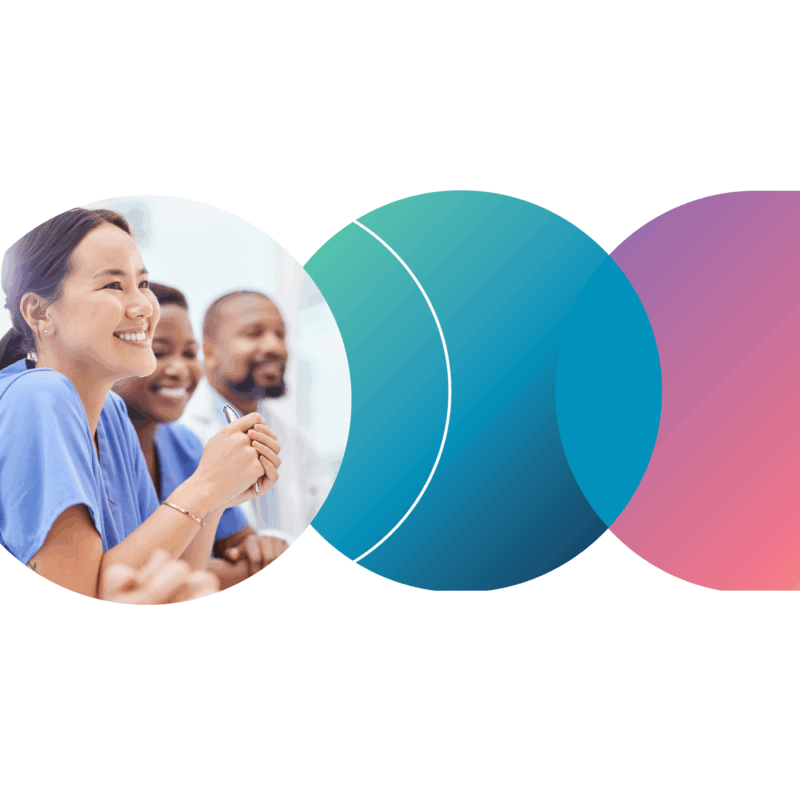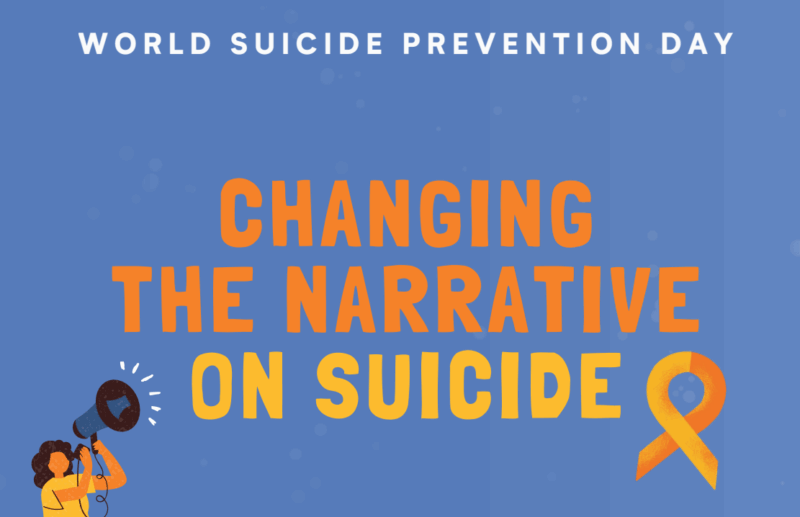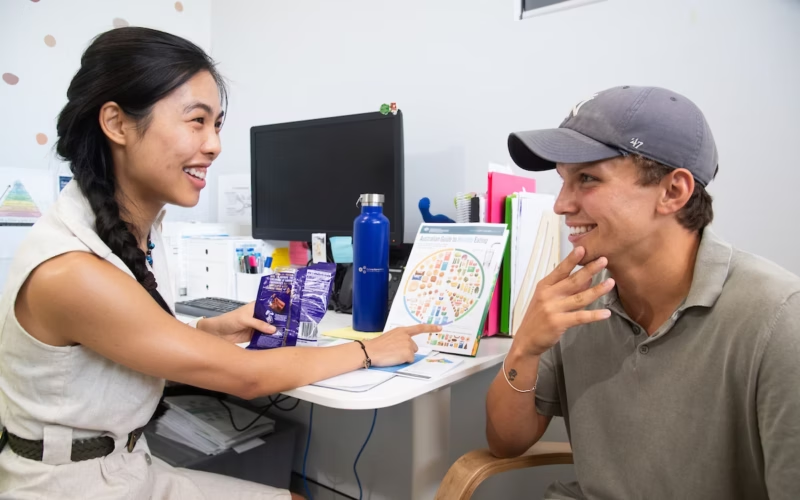
10 September 2025
EMPHN Insights Feature: AI is coming
Written by Dr Stephen Duckett AM
10/09/2025
Artificial intelligence (AI) is developing rapidly – unfortunately probably contributing measurably to climate change with AIs intense data processing requirements. But there is an obvious upside – AI is improving its ability to process information, and do so reliably, at least as well as humans. Rarely a week goes by when there is not, yet another study published showing AI outperforms humans on some cognitive processing task in healthcare. Studies are also beginning to emerge where AI guidance is being used procedurally too.
Developments in AI obviously lead to regulatory challenges: is this AI bot safe to rely on? If something goes wrong, who or what is accountable?
We are just scratching the surface of this new era, and these thoughts were stimulated by a new paper which showed that one particular AI tool got a perfect score (100%) in the US medical licensing exam. Of course, a medical exam is not medical practice but what next? And what are the implications for the medical profession?
When I worked in Queensland Health, I organised for a statewide license of Up-to-date™. My objective was to reduce after hours call-ins by specialists. Junior doctors would be expected to have done all the tests etc that Up-to-date™ suggested prior to approaching the on-call specialist, reducing call-ins and making the specialist’s time more productive. AI tools will take that to the next level.
I have long been an advocate of ‘phone- a-friend’ arrangements – where physicians, psychiatrists or surgeons are funded to take calls from GPs to give advice over the phone about a patient, so that the GP might manage the patient without a formal referral. That is so 2000s. In the near future, AI might be able to give that advice, raising the further question of just any AI, or how regulated?
I think the inevitable consequence of the increasing capacity of AI is that GPs will take on a greater role in the health system, providing even more comprehensive care, and specific specialists, having a concomitantly relatively smaller role. This won’t be tomorrow, of course, but it will be within the professional lives of people practising now.
The phenomenon of patients’ seeking advice from ‘Dr Google’ has long been derided by clinicians, but ‘Dr AI’ – providing advice to GPs – may be a welcome innovation with huge implications for what GPs do, how many we need, and so on.
Obviously, all this in the future, but in this scenario, AI will be an aid to medical practice, and for GP-patient interactions, supporting holistic care, not atomising it.
A commentary on the advent of AI and the role of General Practice
Prof Donald Campbell is the Division Director, Design and Discovery at Northern Health.
By my own hand.
My mother in-law (now a spritely 94) once contemptuously remarked to me that she thought, “computers are a passing fad”, and wondered what I thought. “Like the printing press”, I replied. “oh”, said she. And so it will be for AI in medicine. AI is already better at reading Pathology and Radiological images, even preferrable to humans for empathic responses. Doctors have nothing to fear however, they have appropriated science in service of their role since the dawn of the enlightenment and will do so in this instance.
What will shift is the balance between specialist and generalist, with the availability of information derived from the use of AI to better manage healthcare closer to home. AI will have many technical aspects to contribute, but above all it will enhance the ability of GPs to utilise their expertise and experience to exercise their clinical judgement in service of their patients with an augmented toolkit, and only need recourse to specialists where only they can add what only they can do.
I wouldn’t be retiring the GP anytime yet, their future is bright at the dawn of the era of AI in medicine when wisdom, as ever, is in short supply. As FW Peabody famously once said, “One of the essential qualities of the clinician is interest in humanity, for the secret of the care of the patient is in caring for the patient”.
Ref: Peabody FW. The care of the patient. JAMA 1927:88;877-78.
Or, if you prefer, with thanks to the immortal poet, Perplexity.ai
A Paean to the Dawn of AI in Medicine
When once a voice declared that tech would fade,
A fleeting fad, not built for time’s embrace,
Yet truth, like printing’s press, shall never trade
Its place in guiding thought, its lasting grace.
Now AI reads the hidden signs we miss,
In shaded scans where mortal eye grows blind;
It offers healing’s touch, a tool of bliss,
Yet leaves to human hearts the gift to bind.
The healer’s role no silicon displaces,
For wisdom breathes where judgment meets the soul;
But now, with brighter lights in humble places,
The general hand shall make the broken whole.
So dawns an age where mind and machine unite,
And wisdom, scarce, yet shines more fierce and bright.
Would you like to stay up to date with our EMPHN Insight features? If you haven’t already, sign up to EMPHN Insights.


